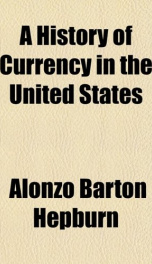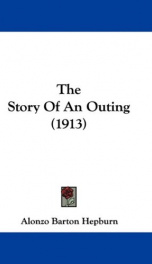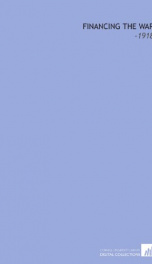a history of currency in the united states

Purchase of this book includes free trial access to www.million-books.com where you can read more than a million books for free. This is an OCR edition with typos. Excerpt from book: CHAPTER m Sound Money In National Politics Our laws with reference to paper currency have been largely influenced by the distribution of governmental authority peculiar to the United States, and entirely separate and distinct interests have thereby been brought into antagonism and have militated against the adoption of the most desirable currency system. From the Declaration of Independence until the close of the Civil War in 1865, the United States as a nation was in a formative period. The thirteen colonies had organized a confederacy to resist oppression from abroad, but with insufficient and ill- defined powers, and as soon as they had fought to a successful issue and been recognized as an independent nation, they began to be jealous and distrustful of the powers which must necessarily be given to the general government in order to form a permanent nation. Oppressive debt, disorganized business and depreciated currency presented grave economic problems for solution, at a time when the greater and graver problem of creating a government based upon the consent of the governed, evidenced by popular suffrage, must first be solved, in order that it might in turn bring order, credit and prosperity out of existing chaos. The colonies were held together by the cohesive force of self- preservation in the presence of the arms of a powerful and aggressive foe. When this pressure was once removed, the tendency toward separate action and assertion of antagonistic interests on the part of the colonies became pronounced. Tenacious of their liberties, the people were greatly impressedwith possible danger from an arbitrary exercise of power on the part of a central government, and in framing the Constitution the powers of the several states were subordinated to the national governm...
Info about the book
Author:
Series:
Unknown
ASIN:
117878522X
Rating:
1/5 (40)Your rating:
0/5
Languge:
English
Users who have this book
Users who want this book
What readers are saying
What do you think? Write your own comment on this book!
write a commentif you like a history of currency in the united states try:
Do you want to exchange books? It’s EASY!
Get registered and find other users who want to give their favourite books to good hands!





